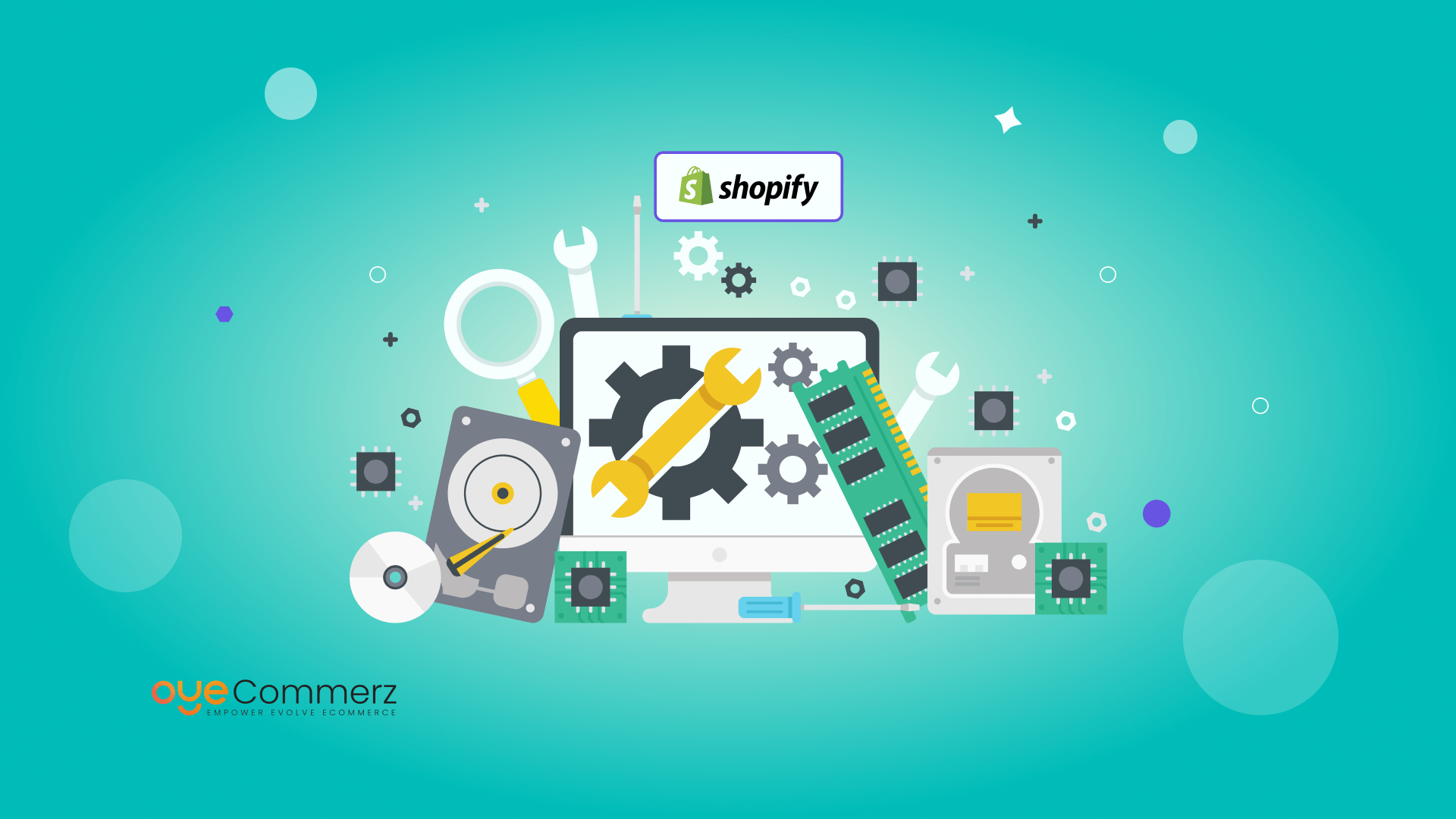Overview
In today’s cutthroat e-commerce environment, standing out is essential, and one of the best ways to differentiate a Shopify store is through custom app creation. A robust Shopify app can boost store functionality, simplify processes, and boost customer engagement. This article explores essential elements of Shopify app development, covering API integration and app ecosystem to scaling strategies and digital marketing approaches, offering a roadmap for companies seeking unmatched store efficiency.
The Importance of Shopify API Integration
Shopify’s API offers robust tools to personalize and expand store functionalities. With the GraphQL and REST API options, developers can access data to build applications that handle inventory control, order processing, and customer data management seamlessly. Using Shopify’s API can enable improved workflow automation and allows stores to serve customers more effectively.
Utilizing the Polaris Design System
Shopify’s Polaris is Shopify's set of design guidelines for creating user-friendly and easy-to-use Shopify apps. By following Polaris guidelines, developers guarantee that apps seamlessly integrate within the Shopify Admin experience. This provides a cohesive appearance that appeals to Shopify merchants, encouraging ease of use and familiarity for merchants utilizing your custom app.
Understanding the Shopify App Ecosystem
The Shopify app ecosystem offers endless possibilities for enhancing online stores. From handling order fulfillment to boosting customer engagement, apps in this environment are designed to meet diverse business requirements. Familiarizing with this system helps developers in identifying unique app opportunities and enables smooth connections of third-party services that add value to the store.
Developing Embedded Shopify Apps
Embedded apps integrate directly within the Shopify Admin, allowing a seamless experience for Streamlined operations for Shopify stores merchants. They ensure that merchants don’t have to navigate away from their Shopify dashboard, streamlining their workflow. Using Shopify App Bridge and embedded app capabilities is a best practice for providing a cohesive, integrated user environment.
Using Node.js and React for Shopify Apps
The technologies Node.js and React have become top options for Shopify app creation. This server-side framework enables high-performance back-end services, while React allows for dynamic, responsive front-end user interfaces. Combined, they provide an strong framework for building fast, scalable Shopify apps that improve store functionality and customer engagement.
Webhooks in Shopify Apps
Webhooks allow real-time data synchronization between Shopify and an outside application. They initiate events such as new orders or stock changes and provide immediate alerts to your app. By utilizing webhooks, apps can provide up-to-date information to store owners, streamlining workflows and increasing efficiency.
Engaging Customers Through Digital Marketing for Shopify Apps
To ensure Shopify app success, engaging customers is key. Utilizing digital marketing strategies like SEO, email marketing, and social media campaigns can drive app adoption. Additionally, designing apps with customer engagement in mind (e.g., loyalty programs or personalized recommendations) increases user retention and satisfaction.
Making Your Shopify App Scalable
As e-commerce stores expand, so do their technology requirements. Making sure that your app can Essential Shopify app features manage higher usage, larger data sets, and more advanced functionalities is essential. By optimizing server resources and using scalable solutions, you can create apps that expand in parallel to a store’s growth.
Important Features and Maintenance Tips for Shopify Apps
For an app to be useful, it should include essential features like user authentication, dashboard analytics, and support channels. Regular app upkeep, with updates to fix bugs and ensuring compatibility with new Shopify features, is vital to ensure continuous operation and avoid interruptions to business processes.
Summary
Custom Shopify app development offers immense opportunities for e-commerce stores, offering the chance to improve performance, streamline processes, and foster customer loyalty. With API integrations and Node.js to focusing on scalability and customer interaction, building a Shopify app involves thoughtful preparation and well-planned actions. If you’re prepared to unlock your store’s full potential, a tailored Shopify application may be the ideal choice. What capabilities do you envision for your ideal app? Share your thoughts and take the first step toward an enhanced e-commerce journey!
